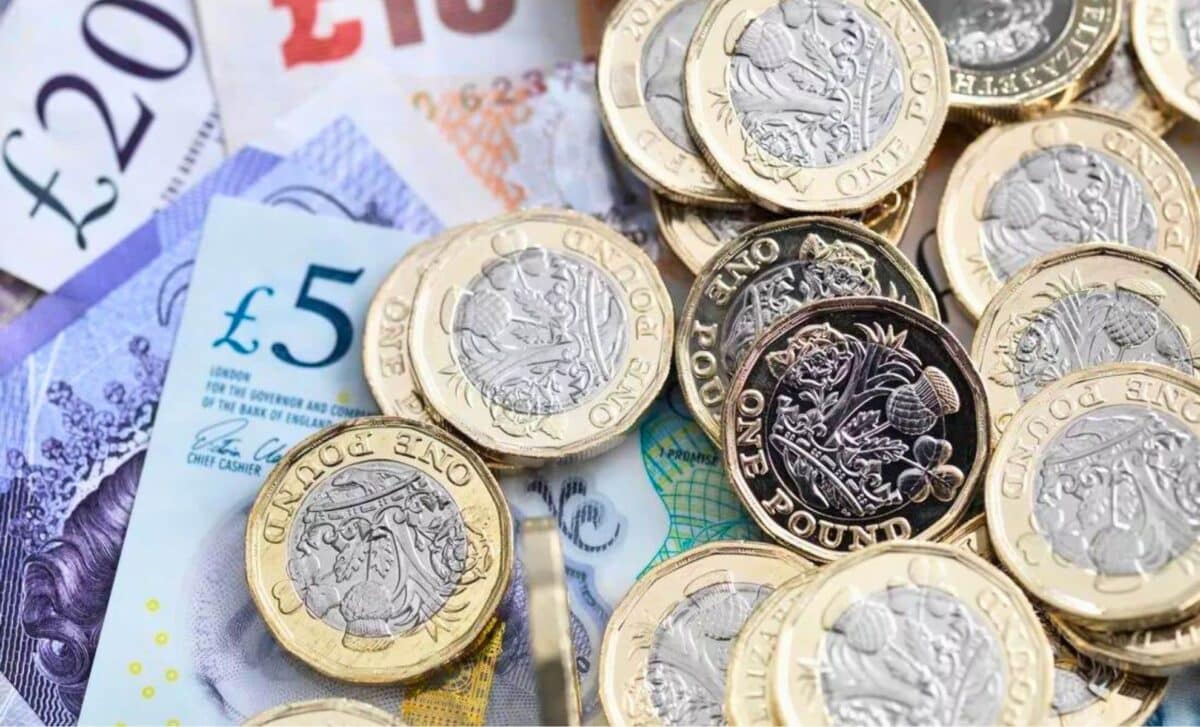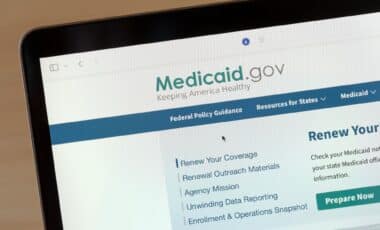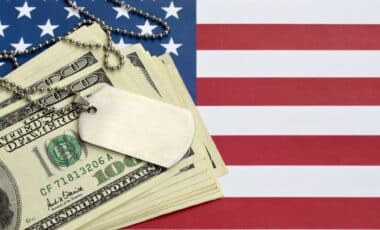It’s almost December. Many households are already feeling the burden of holiday spending. But there are a number of important financial updates coming up that could affect your budget. From government benefits to changes in bank fees, here’s a look at all the deadlines you need to know about in December.
DWP Christmas Bonus — Available from December 1
The Department for Work and Pensions (DWP) will begin issuing its £10 Christmas bonus to eligible households from December 1. The bonus is tax-free, and it won’t impact any other benefits you claim. Payments will be processed by January 1, and you must be receiving certain benefits to qualify. As stated by the DWP, “The Christmas bonus will be paid in the first week of December to those who are eligible.”
Nationwide Bank Account Fee Increase – Effective December 1
From December 1, Nationwide will be increasing the monthly fee for its FlexPlus packaged bank account by £5, raising the cost from £13 to £18. This means you’ll be paying £60 more annually. The FlexPlus account includes perks like travel insurance, mobile phone insurance, and breakdown cover.
A Nationwide spokesperson confirmed, “The price rise is part of our continued commitment to offering quality benefits for our account holders.”
Inflation Update — December 18
On December 18, the Office for National Statistics (ONS) will release the latest inflation figures. According to the latest data, inflation recently surpassed the Bank of England’s target, reaching 2.3%. While the rate is much lower than its 11.1% peak in October 2022, it still signals rising costs.
The ONS explained, “Inflation is a critical indicator that affects household purchasing power, and our report will provide key insights into how prices are evolving.”
Bank of England Interest Rate Announcement — December 19
On December 19, the Bank of England will announce its next interest rate decision. The current base rate is 4.75%, following a rate cut in November. The base rate directly impacts the cost of borrowing, so any changes could affect your mortgage or loan rates.
As the Bank noted in its last update, “The decision on the base rate reflects current economic conditions and is designed to maintain economic stability.”
Winter Fuel Payment Deadline — December 21
The Winter Fuel Payment will be subject to changes this year. To qualify for this annual payment, which could be as much as £300, you must be born before September 23, 1958, and currently receiving a means-tested benefit. Pension Credit claims can be backdated by three months.
A spokesperson from the Department for Work and Pensions emphasised, “If you apply for Pension Credit by December 21, you will still receive your Winter Fuel Payment for this year.”
Early Benefit Payments — December 24 and December 31
Due to the Christmas and New Year bank holidays, many benefits will be paid early. If your benefit is due on Christmas Day (Wednesday, December 25) or Boxing Day (Thursday, December 26), you should receive your payment on Tuesday, December 24.
Similarly, benefits due on New Year’s Day (Wednesday, January 1) will be paid on Tuesday, December 31. The DWP confirmed, “Payments due around the holidays will be processed in advance to ensure people don’t miss out.”
Ongoing Winter Support Schemes — Throughout December
Several government winter support schemes will continue throughout December, providing additional financial assistance to vulnerable households:
- Cold Weather Payments: £25 will be paid when temperatures drop below 0 °C for 7 consecutive days.
- Warm Home Discount: A £150 discount on electricity bills for eligible households.
- Winter Fuel Payments: This continues for pensioners, with payments of up to £300. A DWP representative added,
“These payments aim to reduce the financial burden of heating costs for those most in need during winter.”










Why don’t we get winter fuel this year